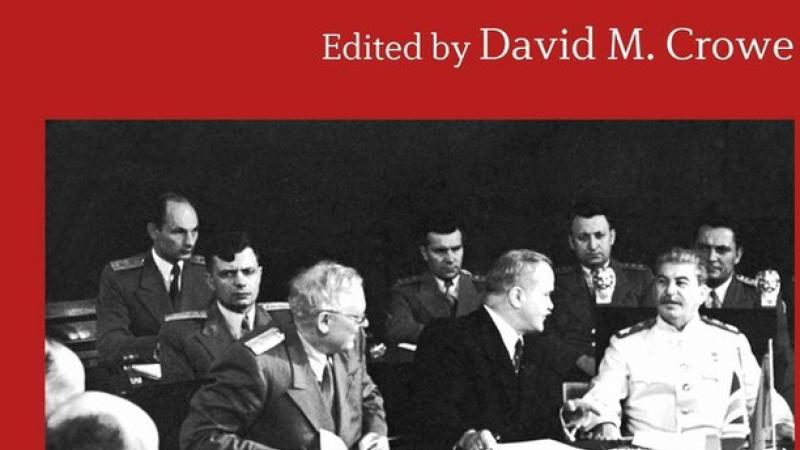
From the 'show' trials of the 1920s and 1930s to the London Conference, this book examines the Soviet role in the Nuremberg IMT trial through the prism of the ideas and practices of earlier Soviet legal history, detailing the evolution of Stalin's ideas about the trail of Nazi war criminals.
Stalin believed that an international trial for Nazi war criminals was the best way to show the world the sacrifices his country had made to defeat Hitler, and he, together with his legal mouthpiece Andrei Vyshinsky, maintained tight control over Soviet representatives during talks leading up to the creation of the Nuremberg IMT trial in 1945, and the trial itself. But Soviet prosecutors at Nuremberg were unable to deal comfortably with the complexities of an open, western-style legal proceeding, which undercut their effectiveness throughout the trial. However, they were able to present a significant body of evidence that underscored the brutal nature of Hitler's racial war in Russia from 1941-45, a theme which became central to Stalin's efforts to redefine international criminal law after the war.
Stalin's Soviet Justice provides a nuanced analysis of the Soviet justice system at a crucial turning point in European history and it will be vital reading for scholars and advanced students of the legal history of the Soviet Union, the history of war crimes and the aftermath of the Second World War.
“The volume, especially the chapters by Irina Schulmeister-André/David M. Crowe, Francine Hirsch, and Jeremy Hicks excel in highlighting these complex interdependencies between power politics, legal positions, court proceedings, and official reconstructions of the past.” – H-Russia
“[It] rightfully re-orients the Soviet legal system and its leading minds into the center of the creation of post-World War II international law.” – EuropeNow
“This is no dry account of disputes over points of law; here, we learn of the conflicts, disappointments, and victories of real people that takes us beyond the stereotypes of the lawyers as puppets of the Kremlin or journalists churning out propaganda. The result is an intellectually-satisfying account both of the familiar story of the failed attempt of the USSR to use the Nuremburg trials to control the narrative of its role in the Second World War and of the lasting contribution that Soviet legal scholarship made to the development of international law.” – Prof Judith Pallot, University of Oxford, UK
“Stalin's Soviet Justice makes a significant contribution to our understanding of the theory and practice of criminal justice and political repression in the USSR, shedding valuable light on the important Soviet contributions to the development of international criminal law and legal institutions after World War II.” – Prof Jonathan Daly, University of Illinois, USA